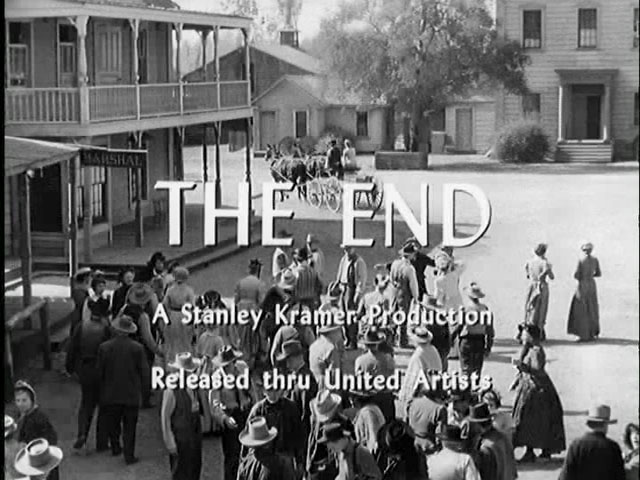Video killed the radio star, but algorithms got the American film critic.
The Digital Age has made it easy for Netflix and others to tell you what you would like to see without reading film criticism or even watching thumbs point north or south. And the global market for movies has birthed the creation of one comic-book blockbuster after another, heavy on action and effects and light on dialogue, moving many of the better creators of personal storytelling to cable television. These shifts have sent film critics the way of travel agents.
However, Jonathan Rosenbaum, legendary arbiter of the Chicago Reader, pushes back at the idea that the Digital Age is a death knell for cinema writers. His best argument: Many of the most high-profile, pre-Netflix movie-reviewing slots were filled by hacks who knew little. That’s true. It’s hard to deny, though, that the vocation–not avocation–has cratered. From John Lingan’s Los Angeles Review of Books piece about Rosenbaum during the so-called twilight of the critics:
“For the Love of Movies is a grim tale of extinction, in which [Gerald] Peary guides the audience through the marquee names in American movie writing from Frank E. Woods to Harry Knowles before asking us to mourn the dozens of critics who have lost their jobs since the recession began. Throughout the film, headshots of former critics flash like a succession of milk carton children. And in a final gesture that no other audience member seemed to find as comically melodramatic as I did, the final credits rolled over a contemporary rendition of Stephen Foster’s Civil War–era ballad for the downtrodden, ‘Hard Times Come Again No More.’
Ten minutes into the Q&A, Rosenbaum pushed back against Peary’s negativity, as I expected he might.
When the moderator suggested that nonprofessional film bloggers lack a proper appreciation for the history of cinema, Rosenbaum declared, ‘To be quite frank, the whole time I’ve been involved in film criticism, I’ve never understood what the difference is between professionalism and amateurs. There are people in positions of great authority who know very little about film, and people who are considered amateurs who know a great deal.’
Rosenbaum’s career has been marked by this disregard for accepted hierarchies. In London in the early 1970s, he reviewed everything from the British Film Institute’s revivals to soft-core porn movies. At the Reader, he paid equal attention to the multiplex, art houses, and museum programming. And, in response to the American Film Institute’s 1998 list of the ‘100 Greatest American Movies,’ Rosenbaum published his own top 100, which included experimental works and documentaries alongside lush Hollywood moneymakers like An Affair to Remember. ‘If these lists have any purpose at all from our standpoint (as opposed to the interests of the merchandisers),’ he argued:
this is surely to rouse us out of our boredom and stupor, not to ratify our already foreshortened definitions and perspectives. Above all, the impulse to provide another list is to defend the breadth, richness, and intelligence of the American cinema against its self-appointed custodians, who seem to want to lock us into an eternity of Oscar nights.
Addressing Peary on the National Gallery stage, Rosenbaum said, ‘My biggest problem with [For the Love of Movies] is you focused too much on American film criticism,’ eliciting a mild gasp from the crowd for spoiling the heretofore united front. Peary made the reasonable defense that his limited budget and running time didn’t allow him the luxury of a global view, but Rosenbaum had mounted one of his favorite hobbyhorses and wasn’t about to dismount.
‘The great possibility of the Internet is its internationalism,’ he continued. Few critics Rosenbaum’s age have embraced this ‘great possibility’ so forcefully. He spoke admiringly of the young, unpaid writers and unprofitable web magazines that, in the liveliness of their thought and content, often eclipse even hallowed print journals like Film Comment or Sight & Sound.”
Tags: Gerald Peary, John Linga, Jonathan Rosenbaum

